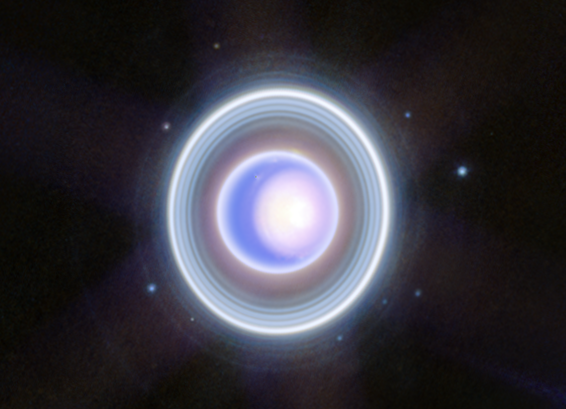2023-12-18 ミュンヘン大学(LMU)
◆LMUの研究チームは、AIゴーストライティングにおける著作権と所有権について調査しました。実験では、被験者がAIの協力なしで文章を書く場合に高い所有感があり、逆に完全にLLMが生成した場合は低かった。しかし、宣言された著者が実際の著者と一致しない場合もあり、透明性が信頼性と読者信頼に対する影響を示唆。研究者は透明性の向上を求め、生成プロセスの宣言を奨励するシンプルで直感的な方法の導入を提案しています。
<関連情報>
- https://www.lmu.de/en/newsroom/news-overview/news/who-wrote-it-the-ai-ghostwriter-effect.html
- https://dl.acm.org/doi/10.1145/3637875
AIゴーストライター効果: ユーザーがAIが生成したテキストの所有権を認識せず、著者であると自己申告する場合 The AI Ghostwriter Effect: When Users Do Not Perceive Ownership of AI-Generated Text But Self-Declare as Authors
Fiona Draxler,Anna Werner,Florian Lehmann,Matthias Hoppe,Albrecht Schmidt,Daniel Buschek,Robin Welsch
ACM Transactions on Computer-Human Interaction Published:18 December 2023
DOI:https://doi.org/10.1145/3637875
Abstract
Human-AI interaction in text production increases complexity in authorship. In two empirical studies (n1 = 30 & n2 = 96), we investigate authorship and ownership in human-AI collaboration for personalized language generation. We show an AI Ghostwriter Effect: Users do not consider themselves the owners and authors of AI-generated text but refrain from publicly declaring AI authorship. Personalization of AI-generated texts did not impact the AI Ghostwriter Effect, and higher levels of participants’ influence on texts increased their sense of ownership. Participants were more likely to attribute ownership to supposedly human ghostwriters than AI ghostwriters, resulting in a higher ownership-authorship discrepancy for human ghostwriters. Rationalizations for authorship in AI ghostwriters and human ghostwriters were similar. We discuss how our findings relate to psychological ownership and human-AI interaction to lay the foundations for adapting authorship frameworks and user interfaces in AI in text-generation tasks.




